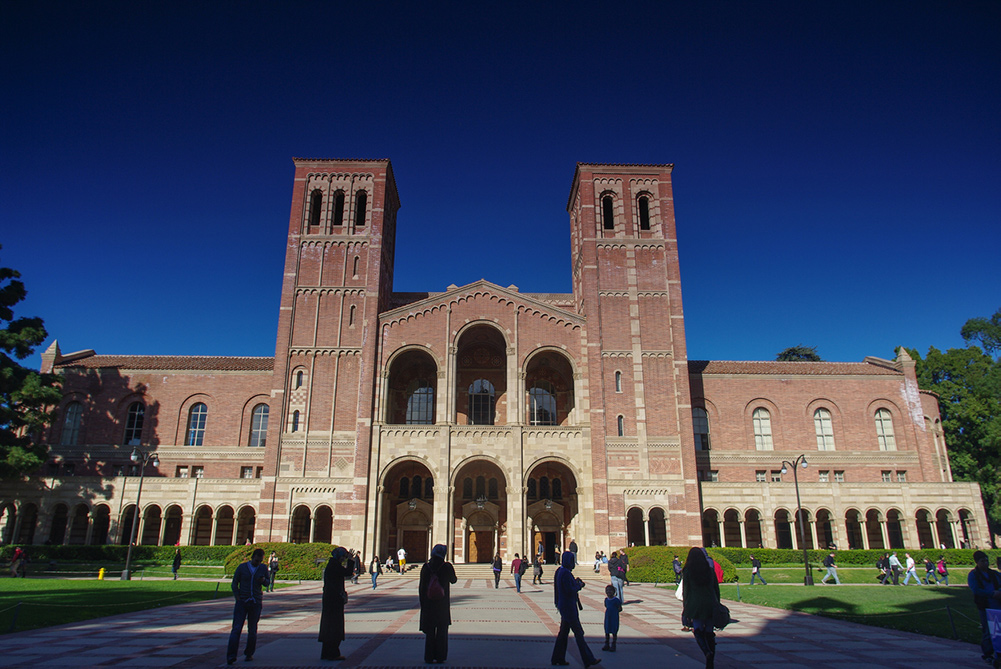The frenzied search for one’s own racism has become a national compulsion.
William Voegeli finds it odd that Robin D’Angelo, a highly-sought after “diversity consultant” who has spent decades advising corporations, would consider herself a racist. The odder thing is that she still considers her clients and the rest of America racist.
D’Angelo and other diversity scammers witnessed and stoked the growing hysteria on the part of mainstream American institutions to atone for their absence of racial proportionality. Since the mid-1990s, when corporate diversity consulting was born, businesses, universities, governments, media conglomerates, and non-profits have showered billions of dollars on these hucksters in the hope of purging themselves of the racism that allegedly explains that lack of proportionality. The diversity shamans have peddled such ideas as “being on time is a white hang-up” to a credulous audience of mid-level managers; they have midwifed the corporate pledges to do better when it comes to “diversity and inclusion;” they have conducted the implicit bias workshops inflicted on presumably benighted employees; and they have urged the compensation structures that reward managers for hiring and promoting more racial and ethnic minorities. And yet the diversity industry still insists that mainstream America is indifferent, if not outright opposed, to civil rights and equality.
But it’s odder still that no mainstream institution would dare defend itself against that charge of bigotry. The frenzied search for one’s own racism has become a national compulsion. The stain of slavery and de jure segregation is no longer a significant impediment to black progress; virtually every mainstream institution has hiring and promotional practices that favor blacks. Veterans of the business world tell identical war stories about blacks being hired under significantly lowered standards, who are then untouchable despite predictably poor performance. Any college president or provost with the most tenuous connection to his faculty knows that faculty hiring searches are often one desperate effort to find and interview even remotely plausible black candidates. Every selective school employs vast racial preferences in undergraduate and graduate admissions. The cost to the alleged beneficiaries and to institutional harmony when those preference beneficiaries struggle to keep up academically—and blame racism for their struggles—is ignored.
Yet no mainstream institution will explain that it is the severe shortage of competitively qualified blacks in the hiring pipeline that lies behind the demographics of its workforce. Instead, every leader, tasked with his organization’s lack of “diversity,” penitently hangs his head and promises to make amends.
Given the size of the academic skills gap, however, it is absurd to expect that absent racism, blacks would be proportionally represented in every field. The average black 12th grader reads at the level of the average white 8th grader; there is nearly a standard deviation of difference between the average SAT scores of whites and blacks—177 points on the 1600-point scale in 2018. The difference between average Asian and black scores is wider still: 277 points. In 2018, 49 percent of black SAT takers met neither the reading nor the math benchmark score that provide a 75 percent chance of earning at least a C in freshman college courses. (Those scores are an exceedingly low 480 and 530, respectively.)
By comparison, 16 percent of white SAT takers met neither benchmark score and 10% of Asian test takers met neither score. (Hispanics fare only slightly better than blacks. In 2018, 40 percent of all Hispanic SAT takers met neither the reading nor the math benchmark score; the average combined SAT score for Hispanics was 990.)
A range of academic fields—from medical physics to structural engineering—had no black Ph.D. graduates in 2017; in computer science, blacks earned one percent of all doctorates.
It is mathematically impossible, in other words, to expect racial proportionality in every occupation. But as evidence of actual discrimination disappears, the surrogates advanced for it are becoming more creative, from microaggressions to implicit bias. And the campaign to persuade whites of their indelible bias is beginning earlier and earlier. Private and public schools are hiring consultants like D’Angelo to teach fourth-graders about their white privilege.
The most destructive surrogate for actual bias is the broadest: the principles that make Western civilization unique. Voegeli quotes the lapidary formulation of critical race theorists Richard Delgado and Jean Stefancic: critical race theory, now infiltrated throughout the humanities and social sciences, “questions the very foundations of the liberal order, including equality theory, legal reasoning, Enlightenment rationalism, and neutral principles of constitutional law.” So the ideal of equality is now fingered for inequality. Desperate times call forth desperate measures.
The reason for this self-flagellation is that whites are secretly terrified that the academic skills gap will never close. Better to imply that there is a racist conspiracy to keep blacks out of the selective exam schools than to speak honestly about the cultural catastrophe of black family breakdown that results in the lack of socialization of black children and in the disciplinary problems that they bring with them to school.
The question posed by America’s determination to portray itself as endemically bigoted is the following: can a civilization sustain itself with such contempt for its own accomplishments and ideals?
This piece originally appeared at The American Mind
_____________________
Heather Mac Donald is the Thomas W. Smith fellow at the Manhattan Institute, contributing editor at City Journal, and the author of the bestselling War on Cops and The Diversity Delusion (available now). This piece was adapted from City Journal. Follow her on Twitter here.
This piece originally appeared in The American Mind
